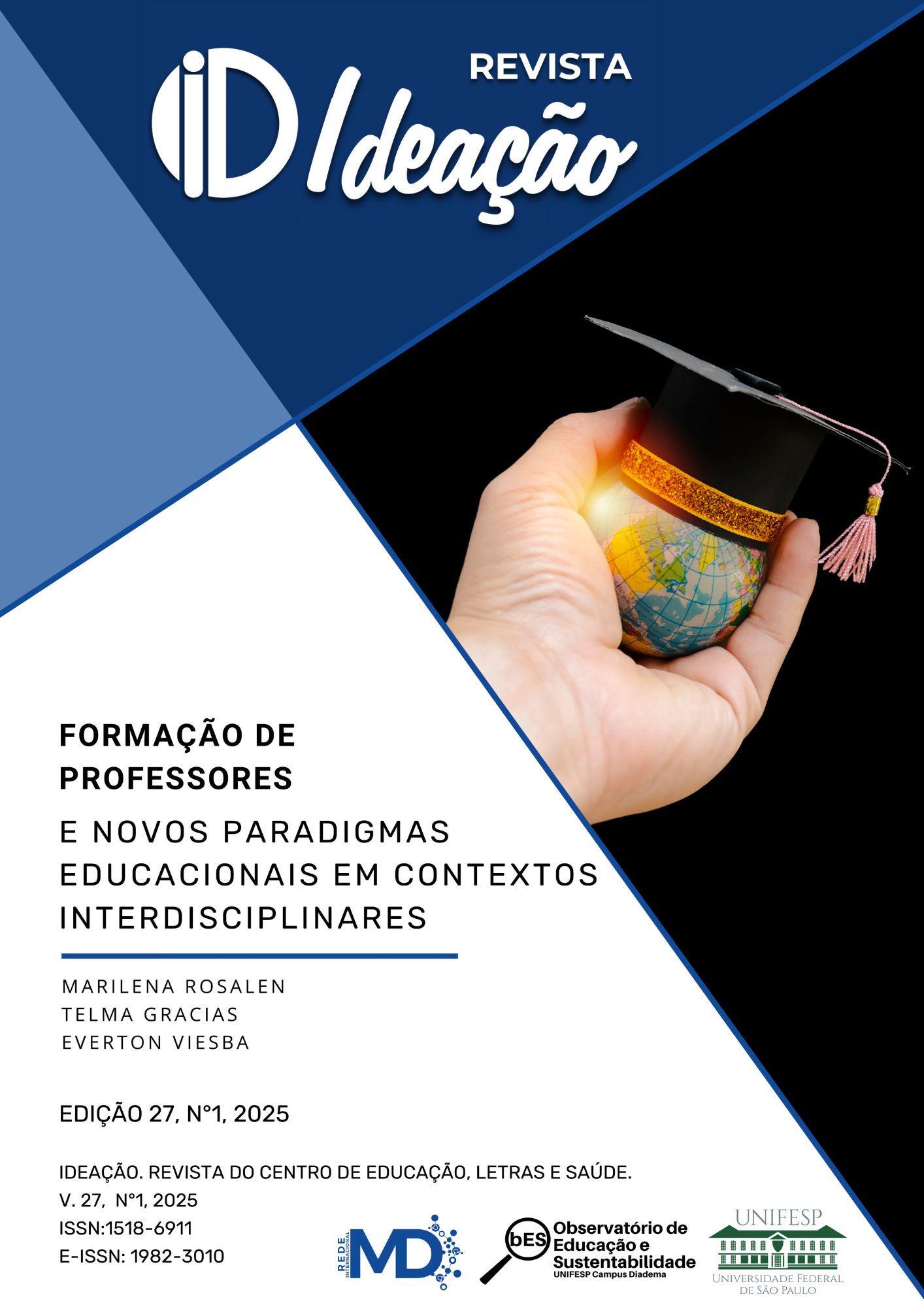OUTLINES FOR A SOCIOLOGY OF EDUCATION BY RUDOLF STEINER FROM A HISTORIC-ONTOLOGICAL PERSPECTIVE
DOI:
https://doi.org/10.48075/ri.v27i1.32899Keywords:
Sociology of Education, Human formation, Rudolf Steiner, práxisAbstract
This article aims to present a basis for the sociology of education from the thought of Rudolf Steiner, whose foundations lie in the analytical categories developed from Karl Marx. Thus, starting from the Marxian categories of: work; human formation and praxis, to then identify whether these categories are present in Steiner's thought and how he presents them. Thus, identifying such categories, it was concluded that, although they are in different paradigmatic fields, through an elective affinity, it is possible to affirm that there are possible foundations for a sociology of education in the work developed by Steiner, and that the author can offer theoretical and methodological contributions to the sociological field, which aims to collaborate with the formation of an integral and emancipated human being.
Downloads
Published
How to Cite
Issue
Section
License
Copyright (c) 2025 Direitos partilhados conforme licença CC BY-NC-SA 4.0

This work is licensed under a Creative Commons Attribution-NonCommercial-ShareAlike 4.0 International License.
Authors who publish in this journal agree with the following terms:
1. Authors maintain copyright and grant the journal the right of first publication, with the work simultaneously licensed under the Creative Commons Attribution License that allows the sharing of the work with recognition of authorship and initial publication in this journal.
2. Authors are authorized to assume additional contracts separately, for non-exclusive distribution of the version of the work published in this journal (e.g., to publish in an institutional repository or as a book chapter), with acknowledgment of authorship and initial publication in this journal.
3. Authors are allowed and encouraged to publish and distribute their work online (e.g., in institutional repositories or as a personal page) at any point before or during the editorial process, as this may generate productive changes, as well as increase the impact and citation of the published work (See The Effect of Free Access).
Creative Commons License
This work is licensed under a Creative Commons Attribution-Noncommercial-ShareAlike 4.0 International License, which permits sharing, copying, distributing, displaying, reproducing, the whole or parts provided it has no commercial purpose and the authors and source are cited.


